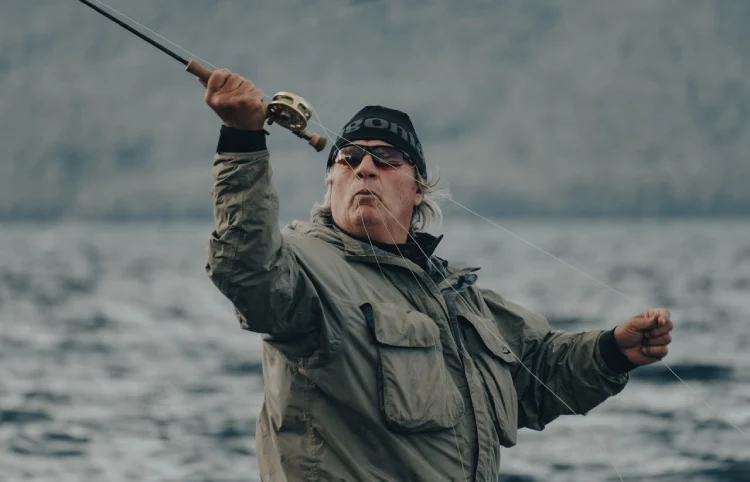Fly fishing is one of the oldest and most respected methods of fishing in the world, and avid fisherman all over the globe use this technique to get their hand on freshwater species like trout and bass. There’s a reason it’s so popular though, as it requires speed and accuracy, allowing fishermen to gain more control over where they want to cast and over which fish they want to catch. If you’re interested in the sport’s evolution, keep reading to find out how these practices developed throughout history.
History
Fly fishing is one of the oldest practices in the world, and yet it still developed as an alternative to traditional fishing. Fly fishing uses a more lightweight string, with a fake fly attached at the end that serves as bait for a variety of fish, especially those found in freshwater, and since working with fly bait is harder, it became popular thanks to the greater use of skill and accuracy required. It was first developed in England and Scotland during the medieval era, mostly because of the prevalence of streams and freshwater there, because peasants and lords alike needed to catch fish just to meet their daily needs of putting enough food on the table. Since then, other eras like the Industrial Revolution allowed more and more people to get access to basic requirements like fishing materials, lines, and, most importantly, the fake bait that makes fly fishing possible, which allowed this practice to spread all over the world.
Current State
Fly fishing today is one of the most widespread activities in the world, especially wherever natural streams and lakes are found. From places as remote as certain areas in Norway to Argentina, thousands and thousands of fly fishers eager to try their hand at catching something. There are now designated locations set aside just for this activity. For example, thousands of anglers travel to try their hand at Yellowstone River fly fishing each year. Reels, fishing rods, and all kinds of bait are getting more and more advanced thanks to improved manufacturing methods, allowing anglers to get more difficult catches on a consistent basis, which has transformed the incredibly difficult sport of fly fishing into one that’s more accessible. The skilled sport of fly fishing is featured in countless competitions and events worldwide.
Benefits
Fly fishing is so immensely popular that you may be wondering what all the fuss is about, but rest assured, there are countless benefits that each fisher that practices it gets, and these range from skills that translate to other forms of fishing to benefits in every other activity you’ll perform. Fly fishing requires accuracy, and getting better at it means you’ll be getting better with your hand-eye coordination and your aim, all of which helps you in day-to-day life. In addition, if
you’re interested in getting the biggest and best-tasting freshwater animals like trout, salmon, and bass, you’ll be able to get massive fish in the water using fly fishing.
The Future
The future of fly fishing looks incredibly promising as more and more countries adopt the practice and focus on increasing fishing and making it more accessible, which is helped by the fact that the tools needed for fly fishing are getting cheaper and cheaper each year. However, the main issue that surrounds fly fishing is the fact that, since it’s getting more and more popular, overfishing could result in entire species becoming endangered. To counteract this, the only way forward is sustainable fishing, which is being practiced thanks to countless parks all over the world giving out permits that are mandatory for fishing, educating people about best practices, and penalizing overfishing.
Conclusion
If you’ve been fishing for any length of time, you’ll have encountered the ancient practice of fly fishing, something that offers great advantages in certain situations, especially if you’re fishing in freshwater. However, many don’t realize that this practice has been developed over centuries since it was first created in ancient civilizations, allowing it to evolve to the state it’s in today; now that you know more about this type of fishing, you’ll be able to get even better at it.








